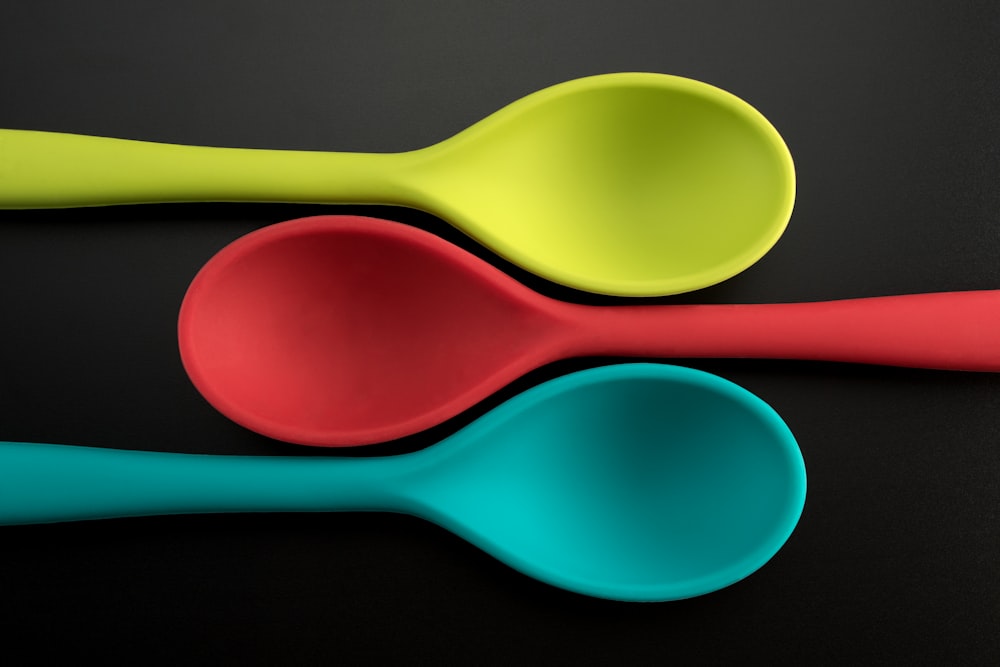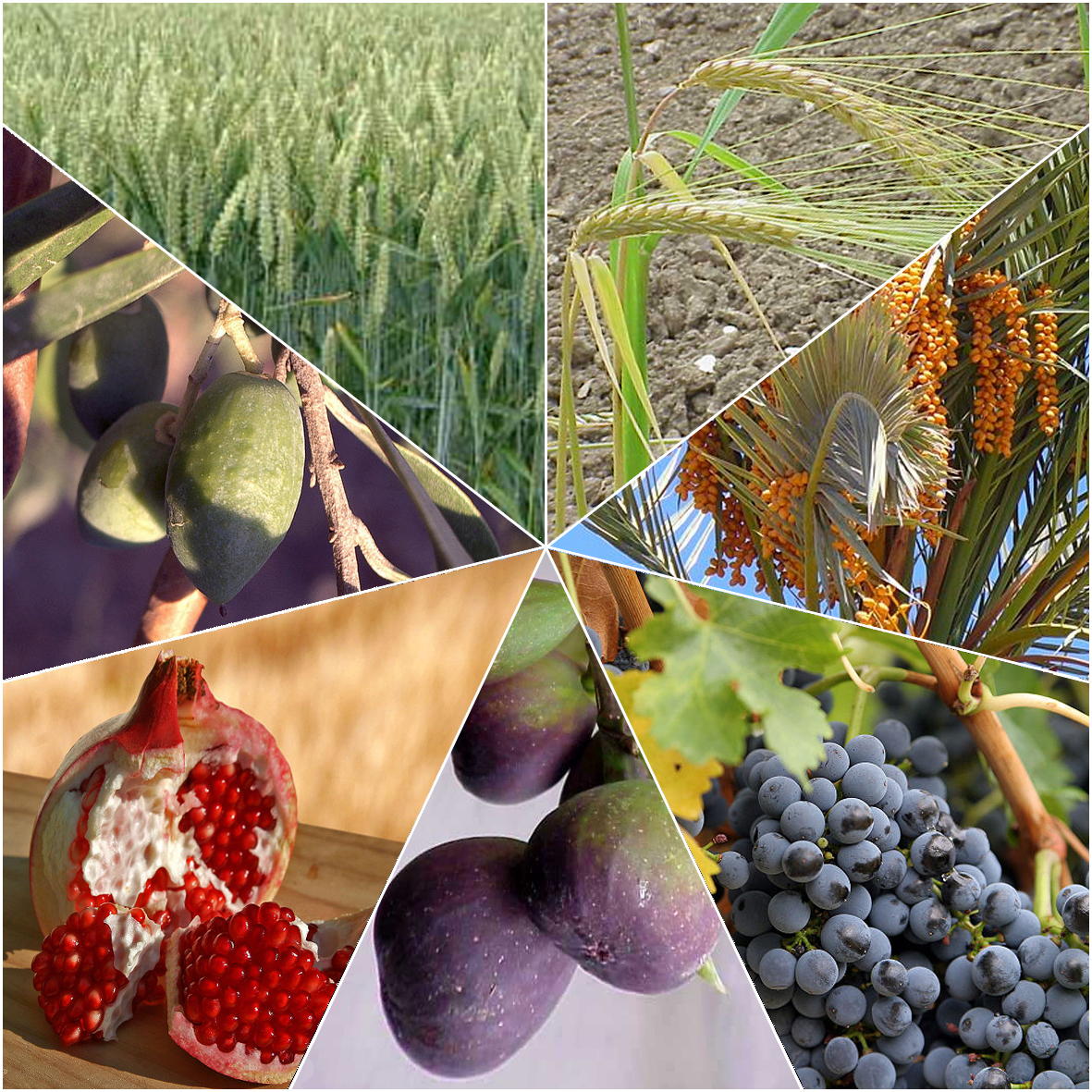Back in December I wrote that "it's all about relationships." It's a theme I'm hearing over and over, no matter the context. It seems that even technology is also all about relationships.
 With a headline that read, "The Amish use tech differently than you think. We should emulate them," I knew I had to read the article.
With a headline that read, "The Amish use tech differently than you think. We should emulate them," I knew I had to read the article."When a church member asks to use a new technology, the families discuss the idea and vote to accept or reject. The conversation centers on how a device will strengthen or weaken relationships within the community and within families. . . a family wanted to run propane gas pipes for lights to every room of their home instead of running them only to the kitchen and living room. (The Amish choose not to tap the electrical grid.) Church members discussed how the change would affect the family. If the family members could separate into bedrooms to read at night, instead of gathering in the living room, would their ties fray? Of course they would . . . I thought of a woman at my children’s school who said the disintegration of her family began the day her husband bought a TV for every kid’s bedroom. That was a while back. Today, millions of parents are unwittingly putting TVs in their children’s bedrooms, in the form of smartphones and laptops. And uneasiness about weakening family ties is widespread."
When do we introduce technology to our children? How do we regulate their use of technology? These aren't questions with easy answers. But maybe if we reframed the questions and thought about the impact of technology on our relationships, the answers wouldn't be so hard after all.



